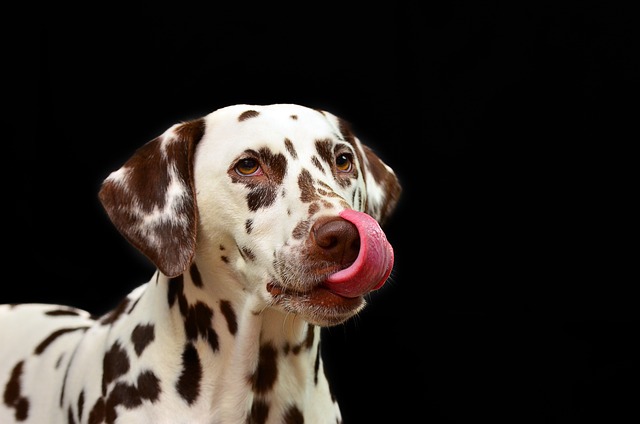
What is glaucoma in a dog?
You might notice your dog squinting more at mealtime or avoiding bright sunlight—these small changes could be early signs of a serious eye condition.
When a vet mentions liver or kidney issues in your dog, figuring out what to put in their bowl suddenly becomes a top priority. These organs work hard to filter waste, so the right diet can ease their load and keep your pup feeling better.
Start by focusing on low-protein options. Too much protein breaks down into waste products that stressed kidneys struggle to process. Lean, high-quality proteins like skinless chicken breast or white fish (cooked thoroughly, no bones) are gentler than fatty meats. Aim for small portions—think a few bites mixed with other safe foods.
Carbohydrates can provide energy without straining organs. Cooked sweet potatoes, white rice, or oatmeal work well. They’re easy to digest and help keep meals filling. Avoid adding butter or salt; plain is best for sensitive systems.
Fats need careful handling too. Small amounts of healthy fats, like a drizzle of olive oil, can help with nutrient absorption, but heavy fats (think bacon grease or fatty cuts of beef) can worsen liver strain. Stick to moderation, and watch for signs of upset stomach.
Certain veggies make great additions. Steamed green beans, carrots, or pumpkin (not the pie filling with sugar) add fiber and nutrients without extra protein. Chop them small to make chewing easier, especially for older dogs.
 Always skip foods that are toxic to dogs, but extra caution is needed here. Grapes, raisins, and onions are already dangerous, but they’re even riskier for compromised kidneys and livers. Some European countries have strict guidelines on pet food safety, with lists of prohibited ingredients enforced by agencies like the FSA in the UK.
Always skip foods that are toxic to dogs, but extra caution is needed here. Grapes, raisins, and onions are already dangerous, but they’re even riskier for compromised kidneys and livers. Some European countries have strict guidelines on pet food safety, with lists of prohibited ingredients enforced by agencies like the FSA in the UK.
It’s critical to work with your vet or a veterinary nutritionist. In many places, including parts of the US and EU, feeding an unbalanced diet to a sick pet could be considered neglect under animal welfare laws. They might recommend prescription diets—formulated to control phosphorus, sodium, and other minerals—that you can’t get over the counter.
Keep an eye on hydration, especially for kidney issues. Adding a little low-sodium broth to their food or providing fresh water in a clean bowl several times a day helps keep their system flushed. Some dogs prefer running water from a fountain, which can encourage them to drink more.
Every dog’s needs are different, so track how your pup responds. Note changes in energy, appetite, or bathroom habits and share them with your vet. With the right diet and care, many dogs with liver or kidney problems go on to enjoy happy, comfortable lives.

You might notice your dog squinting more at mealtime or avoiding bright sunlight—these small changes could be early signs of a serious eye condition.

Let’s set the scene: It’s a sweltering Phoenix afternoon—105°F outside—and you rushed your 2-year-old Lab mix, Cooper, on a quick walk to “get it over with.”

Let’s get real: You’re in your Miami apartment, watching your 3-year-old Corgi, Loki, struggle to climb the stairs to your second-floor unit.

Many dog owners brush off occasional scratching as just “dog behavior,” but persistent itching often signals something more—like a food allergy.

You might first notice your dog scratching more than usual—chewing at their paws until the fur looks thin, or rubbing their face against the couch nonstop.

Let’s be real: You’re standing in your Chicago apartment, watching your 3-year-old Beagle, Max, huff and puff just to climb onto the couch.